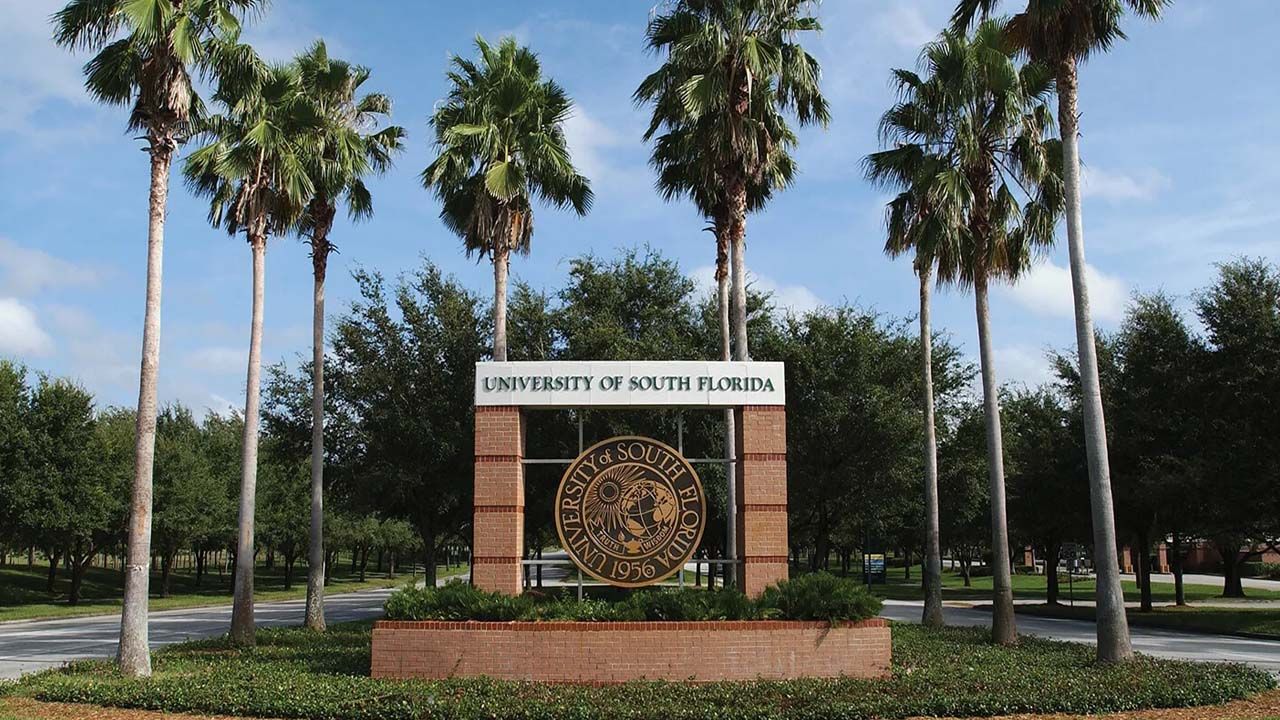By Harry Teichman, Attorney at Older, Lundy Alvarez & Koch
Your 15-year-old grabs your keys and takes your car out for a spin. She drives through the side of the neighbor’s house on the way home and does $250,000 worth of damage. She has no license, and it’s the 5th time she’s done it, your insurance company will not pay up. You signed a personal guaranty on your son’s lease for college – he had a huge party and trashed the place, and six kids ended up getting COVID, you end up in a lawsuit for millions of dollars. These things can, and do, happen – what can you do to protect yourself on the losing end of these lawsuits?
For years, the word asset protection carried the implication of Cayman corporations running through Switzerland protecting the fabulously wealthy from lawsuits and bad marriages. The more modern definition of this type of planning is asset preservation and you can do it all right here from the comfort and safety of a United States jurisdiction.
Let’s concentrates on Florida since the author is licensed here and you, the reader, are most likely here as well. The most common asset preservation techniques available in Florida are not that exotic but very effective. The most basic is homestead. In Florida, your homestead is inviolate – so if someone sues you and wins, they cannot take the equity in your home away from you – therefore a lot of stars choose to call Florida home, besides the weather, they can pump millions of dollars into a homestead which makes for a nice nest egg.
The next basic form of Florida asset protection is a title. Assets owned by a married couple, as tenants by the entireties, (which is mostly how assets are owned, jointly, by married couples) cannot be attached by judgment unless both of the married couple are named in the lawsuit. The personal guarantee example above might only involve the wife signing and the title would protect them. The car accident – maybe not – because the car may be owned in both names and both parents are responsible for the child.
Next up are types of assets – annuities, life insurance policies and your 401k and IRA are not subject to attachment in a lawsuit. These are not “titled” assets, The “ownership interest” we think of is really the beneficial interest in them for ultimate payout upon retirement. These assets are “preserved” in the face of a lawsuit.
Once these basic types of protections have been covered, we begin to get more “exotic”. One thing is the revocable trust in trust does not do anything for asset protection – in Florida, this is called a self-settled trust and those assets are subject to creditors. There are irrevocable trusts that can be set up, and these provide various levels of protection from creditors, but at an increasing cost of formation and maintenance, depending on the level of complication and protection that the grantor – the person seeking asset preservation – wants from the entity.
Having exposed assets in the face of uninsured accidents, or unforeseen liabilities exposes your nest egg to attachment in the face of a lawsuit. A quick review of what your assets are, and how they are titled, may reveal you are in good shape; if not, changes to title must occur before an accident, or event, takes place. Otherwise, these techniques may not provide you with the protection you are seeking.

Teichman’s clients include franchise and multi-unit business owners, doctors and other professionals, startup fundraisers, not for profits and real estate developers. He represents businesses and their owners in formation, daily operations and the structuring of their joint ventures all over the world. This includes advice on corporate structure, including tax planning as well as succession planning for the next generations.
He has successfully represented taxpayers before the IRS in administrative and federal court proceedings as well as before Florida taxing authorities.















